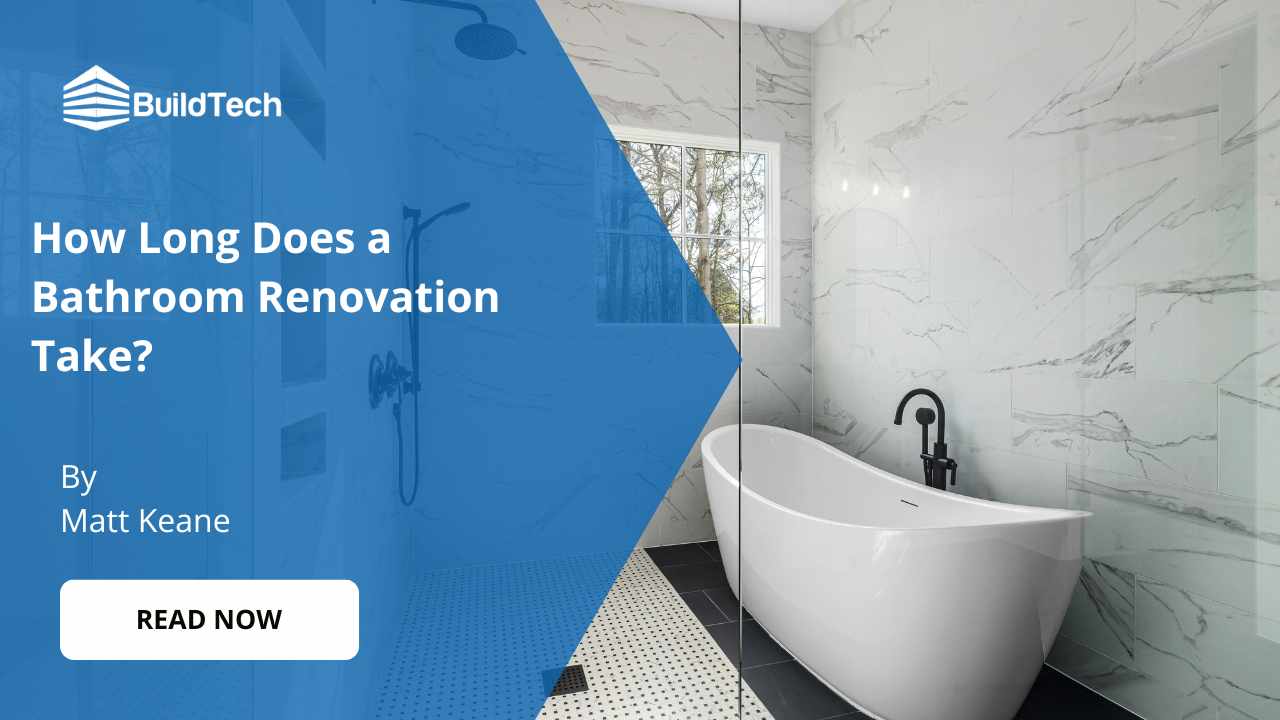In Ireland, where we often deal with cold winds and frequent rain, maintaining warm and energy-efficient homes is essential. The secret lies in effective insulation, a move that not only guarantees a cosy and comfortable home but also offers considerable savings on your energy bills.
However, many wonder about the actual expense of home insulation in this beautiful country. So, let's clarify or highlight the costs associated with house insulation in Ireland, providing you with the knowledge needed to make a well-informed choice.
Understanding Insulation Costs
The cost of insulating a house in Ireland varies greatly, depending on the size of your home, the type of insulation you choose, and the method of installation. Typically, homeowners can expect to spend between €1,200 and €4,000 for a comprehensive home insulation project.
Types of Insulation and Their Costs
- Attic Insulation: Often the first step in insulating your home, attic insulation for a standard three-bedroom house may cost around €450 to €700.
- Wall Insulation: This includes cavity wall and solid wall insulation. Cavity wall insulation can range from €600 to €1,700, while solid wall insulation can be more costly, typically between €6,000 and €10,000.
- Floor Insulation: To insulate the ground floor, you might spend €900 to €1,400.
It's important to note that these are approximate figures, and prices can change based on your specific needs and market fluctuations.
Factors Influencing Insulation Costs
- House Size: Bigger homes will require more materials and labour.
- Insulation Material: The cost varies with different materials; for example, natural materials like sheep's wool are pricier than synthetic options.
- Labour Costs: These depend on the complexity of the job and the tradesperson’s expertise.
Grants And Subsidies to Reduce Costs
In Ireland, homeowners planning to insulate their houses have the advantage of accessing grants and subsidies, significantly offsetting the insulation costs. The Irish government and organisations like the Sustainable Energy Authority of Ireland (SEAI) are responsible for providing these financial aids.
Furthermore, the purpose of these grants is to encourage homeowners to improve their home's energy efficiency, making it both environmentally friendly and more economical in the long run.
The variety of grants available covers different types of insulation, including attic, wall, and floor insulation. This financial support is crucial, especially for those who might find the upfront cost of insulation daunting.
In addition to general grants, there are also targeted subsidies for certain groups, such as pensioners and low-income households, ensuring energy efficiency is accessible to all. Homeowners are encouraged to explore these options, as they can significantly reduce the financial burden of home insulation projects.
The Benefits of Long-Term Savings Through Insulation
When you invest in insulating your home, the benefits are not just immediate but extend far into the future. One of the most significant advantages is the substantial reduction in heating costs.
Furthermore, many homeowners find that their heating bills are cut by up to half, thanks to the improved energy efficiency that insulation brings. While there is an initial cost to insulate your home, this expense is small compared to the ongoing savings you'll enjoy over the years.
Not only will you be saving money, but you'll also experience increased comfort in your home, making this investment a smart choice for both your wallet and your wellbeing.
Importance of Selecting the Best Insulation for Your Home's Needs
Choosing the right type of insulation for your home is an important decision. It's not just about picking any insulation; it's about finding the one that suits your home perfectly. You need to take into account the specific characteristics of your house, like its size and design, as well as the typical weather conditions in Ireland.
So, this means considering how well different insulation types can keep your home warm in an often chilly and damp climate.
Although getting a professional energy assessment can be incredibly helpful in this process,. An expert can evaluate your home and suggest the most effective insulation type, ensuring you get the best value for your investment. This assessment looks at various factors, such as your home's current energy efficiency and areas where heat might be escaping.
With this information, you can make a well-informed choice about the insulation that will work best for your home, ensuring it stays warm and cosy while also keeping your energy bills down.
DIY vs. Professional Installation
DIY might save costs upfront, but professional installation guarantees efficiency and longevity. DIY is like a chance; it can work superbly but is temporary or cannot work. Well Poorly installed insulation can lead to increased energy costs and potential reinstallation expenses.
To avoid all scenarios, you need expert professional assistance for your perfect house insulation, and this is where the expertise of BuildTech comes into play.
If you're considering a professional option for house insulation in Ireland and need expert advice or assistance, don't hesitate to reach out to us at BuildTech. Our team is here to provide you with top-quality service and guidance to ensure your home is insulated effectively and efficiently. Contact BuildTech today for all your house insulation needs; we’re ready to help you achieve the best results for your home.
Final Words!
Insulating your home in Ireland is a wise, long-term investment. While costs vary, the benefits—from reduced energy bills to enhanced comfort—are significant. Explore available grants and subsidies, and seek expert advice for the best insulation solution for your home. So, remember, a well-insulated home is not just a comfortable living space; it's a smart financial move in today's energy-conscious world.


















